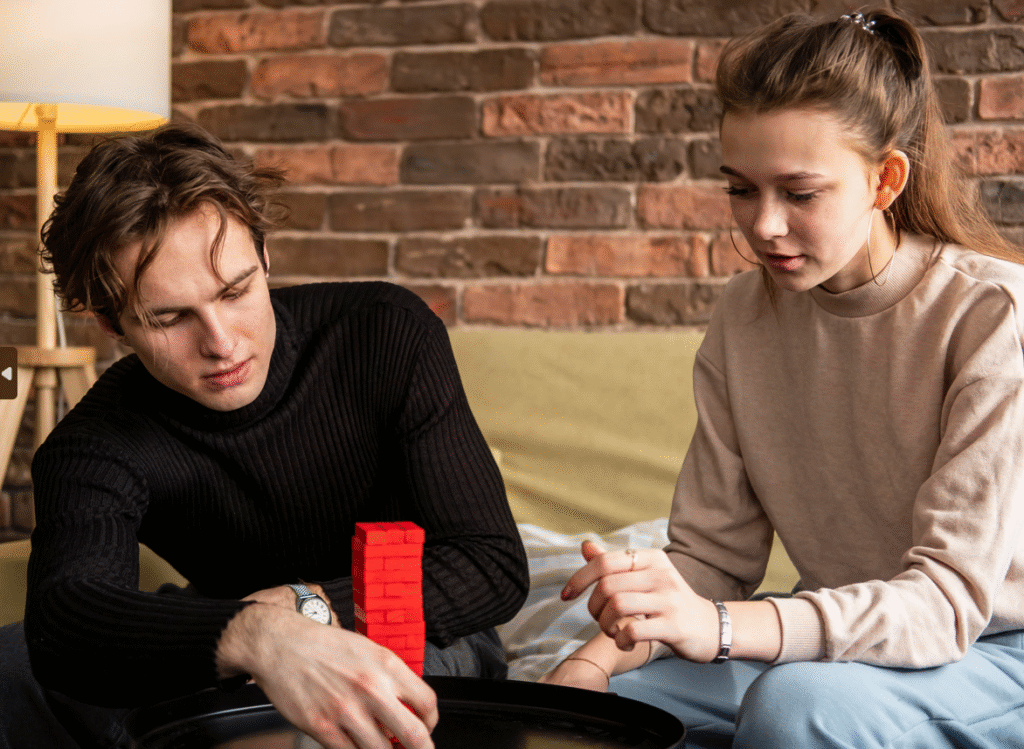Understanding Autism and Dating Challenges
Dating can be complex for anyone—but for people on the autism spectrum, it can feel even more overwhelming. Social communication differences, sensory sensitivities, and difficulties interpreting nonverbal cues can make traditional dating tricky.
Yet, love and companionship are absolutely possible—and thousands of autistic individuals are forming deep, fulfilling relationships both online and offline.
According to the Autism Research Centre at the University of Cambridge, adults on the spectrum report similar desires for romance and intimacy as neurotypical people, but often struggle to find supportive spaces where they can connect safely and authentically.
Real Stories: How Autistic Singles Found Connection
Liam’s Journey – Learning to Communicate Comfortably
Liam, a 29-year-old software engineer, used to feel anxious about dating. “I always worried I’d say the wrong thing,” he shared. “Online dating gave me time to process messages and respond thoughtfully.”
After joining a supportive autism-friendly community, he met someone who understood his need for direct communication. “For the first time, I didn’t feel judged. We connected over shared routines and honesty.”
Sara’s Story – Finding Confidence Through Shared Understanding
Sara, who was diagnosed with autism in her 30s, initially avoided dating because of past negative experiences. Through online groups and communities focused on neurodiverse dating, she began chatting with others who shared similar challenges.
She says, “Knowing that others understood social fatigue or sensory overload made all the difference. I learned that my boundaries were valid.”
These stories remind us that authentic love often begins in spaces where people feel understood and safe to be themselves.
Practical Tips for Successful Autism Dating
- Choose Platforms That Encourage Meaningful Communication
Look for communities designed for neurodiverse individuals or those who value patience and understanding. Platforms like BridgesMate.com offer features that allow users to interact at their own pace—reducing pressure and sensory overload. - Be Honest About Your Needs and Comfort Levels
Whether it’s a preference for text over video chats, or needing quiet environments for in-person meetings, being upfront helps establish mutual respect from the start. - Learn Each Other’s Communication Styles
People with autism may interpret sarcasm, tone, or body language differently. Discussing preferences directly can prevent misunderstandings. - Set Clear Boundaries and Respect Personal Space
Every relationship thrives on trust. Clarify what physical or emotional boundaries are comfortable early on. - Celebrate Strengths, Not Just Challenges
Many autistic individuals bring exceptional empathy, loyalty, and creativity into relationships. Focusing on these strengths builds confidence and connection.
Staying Safe While Dating Online
Safety is essential for everyone—but particularly for vulnerable or misunderstood communities.
- Protect Your Privacy: Avoid sharing personal details (like home address or workplace) too early.
- Video Chat Before Meeting in Person: It helps confirm authenticity and comfort.
- Meet in Public Spaces First: Choose quiet cafés or parks that accommodate sensory needs.
- Trust Your Intuition: If something feels uncomfortable, it’s okay to step back.
You can read more safety guidelines from trusted organizations like Autism Speaks and the National Autistic Society.
Why Safe Communities Matter
Unfortunately, many mainstream dating apps can feel overwhelming—fast conversations, sensory overload, and social expectations may cause burnout.
That’s why dedicated platforms for people with autism and disabilities are so valuable. They provide:
- Slower communication options (text-based chats, message filters)
- Respectful community standards
- Inclusive moderation to ensure empathy and safety
If you’re looking for a supportive environment to meet others who truly understand your experiences, BridgesMate offers a welcoming space designed for meaningful connections.
Final Thoughts
Love isn’t about masking who you are—it’s about finding someone who appreciates your authentic self. People with autism can and do experience deep, lasting relationships when they’re supported by understanding communities.
Take things at your own pace, communicate clearly, and choose safe spaces that encourage empathy and respect. Real love is possible—and you deserve it.

